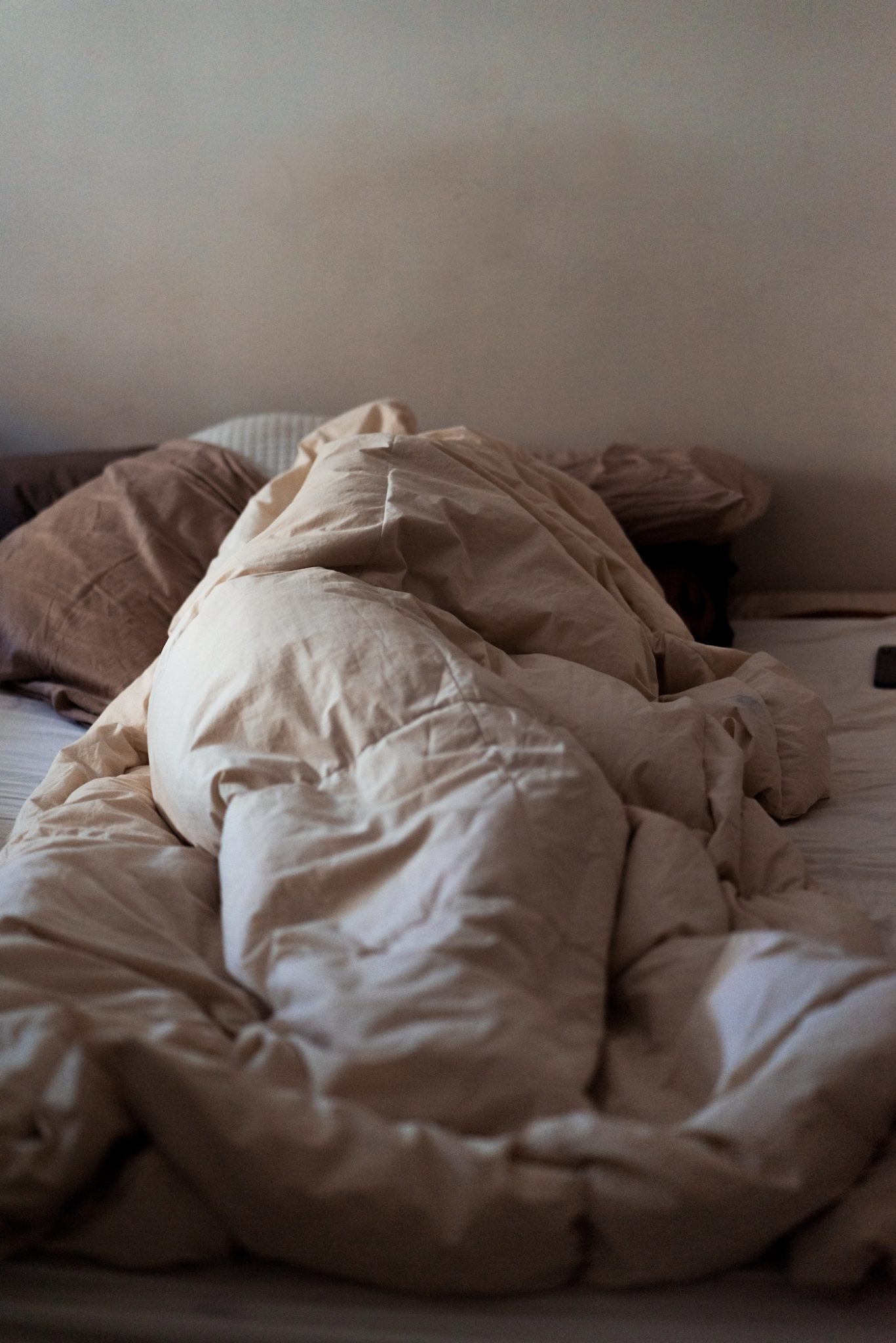Do you have trouble falling asleep? Don’t worry, insomnia is a common problem in our society and represents a great clinical challenge since it’s one of the most frequent complaints for which people seek professional help. In fact, one of the latest studies on the epidemiology of insomnia in Spain reports that 30% of the Spanish general population experiences at least some of the symptoms of insomnia, and it is estimated that billions of euros are used every year to try to treat it. The consequences of insomnia are quite varied, but they include suffering for the person dealing with it and potentially enormous social costs.
 What is insomnia?
What is insomnia?
The word “insomnia” comes from the Latin insomnium and means “lack of fatigue at bedtime.” The term is used in many ways in our everyday language, as well as in medical and scientific literature, but always with a negative connotation. Although most people agree with the general meaning of the word, it is ambiguous because it doesn’t specify a particular pattern of difficulty sleeping or any sort of underlying root or cause. When someone says “I suffer from insomnia,” it basically refers to two things: “I cannot sleep” and “I am suffering.”
There are many variations in complaints related to insomnia:
- It takes me too long to fall asleep at night.
- I keep waking up all night, practically every hour.
- I never sleep deeply; I am constantly drowsy.
- I have not slept properly in months.
- I always get up too early and cannot go back to sleep.
- My mind simply does not shut off at night.
- I always have to force myself out of bed in the morning because my night’s sleep is never refreshing enough.
- I’m tired all day.
- I find it impossible to concentrate during the day due to lack of sleep.

The first six elements are specific complaints of difficulty in initiating and/or maintaining sleep. The last three sections, however, refer to different diurnal symptoms that, generally, are the result of the insomnia of the previous night.
Daytime complaints range from tiredness, drowsiness, and inadvertent sleep to a feeling of excessive arousal and a complete inability to nap. As you can see, the symptoms and causes are diverse, and that is why a personal report is essential.
We can all suffer a “transient situational insomnia” (when it lasts less than six months) caused by stressful life events: bad sleep habits, use and abuse of substances, change of time zone, jetlag, etc.; the insomnia disappears when these stressors are resolved. We can also suffer as a result of metabolic and hormonal diseases (for example, thyroid problems, headaches, etc.) or mental disorders (schizophrenia, depression, etc.).
The development of chronic insomnia (which lasts longer than six months) is a more complex process that has to do with factors that predispose, precipitate and perpetuate the long-term evolution of insomnia. To evaluate the situation properly, one must analyze and identify the patient’s particular biological and environmental circumstances. Sometimes, insomnia is a normal response to the individual’s life context (stressful work, a toxic partner relationship).
Some people, perhaps by virtue of their psychophysiological traits (greater reactivity, negative thinking, persistent anxiety, etc.) are more likely than others to experience sleep problems. However, quality of sleep is more important than quantity. There are people who only get five hours of sleep but feel recovered and refreshed when they wake up. Other people need eight. People’s needs change as they age; as we get older, we tend to sleep for fewer hours.
 Actions to avoid
Actions to avoid
Negative consequences of insomnia like the unrealistic and distorted concerns about the diurnal consequences of sleep disturbance can actually reduce the possibility of falling asleep. Every time you can’t sleep, you heighten your feelings of apprehension, resulting in the conditioning of the bed: you begin to associate the bed with the negative experience of being awake and not being able to sleep. These factors complicate the insomnia and render it chronic.
 What we can do
What we can do
You can avoid some small things that facilitate or perpetuate insomnia with relative ease. For example, avoid napping, caffeine, alcohol, etc.
Adverse work schedules, chronic pain, and distress due to emotional and/or financial problems prove more difficult to tackle, but eliminating any of these possible negative influences on sleep will help to address all the other factors. Set a schedule, have a good diet, do physical exercise that is not too strenuous, and sleep in a quiet, cool and dark room — these are the best prescriptions to take care of sleep hygiene.
Whatever your specific circumstance is, insomnia should never be trivialized. Remember that health professionals are there to help you, and know that it is possible to overcome insomnia and stop suffering.











